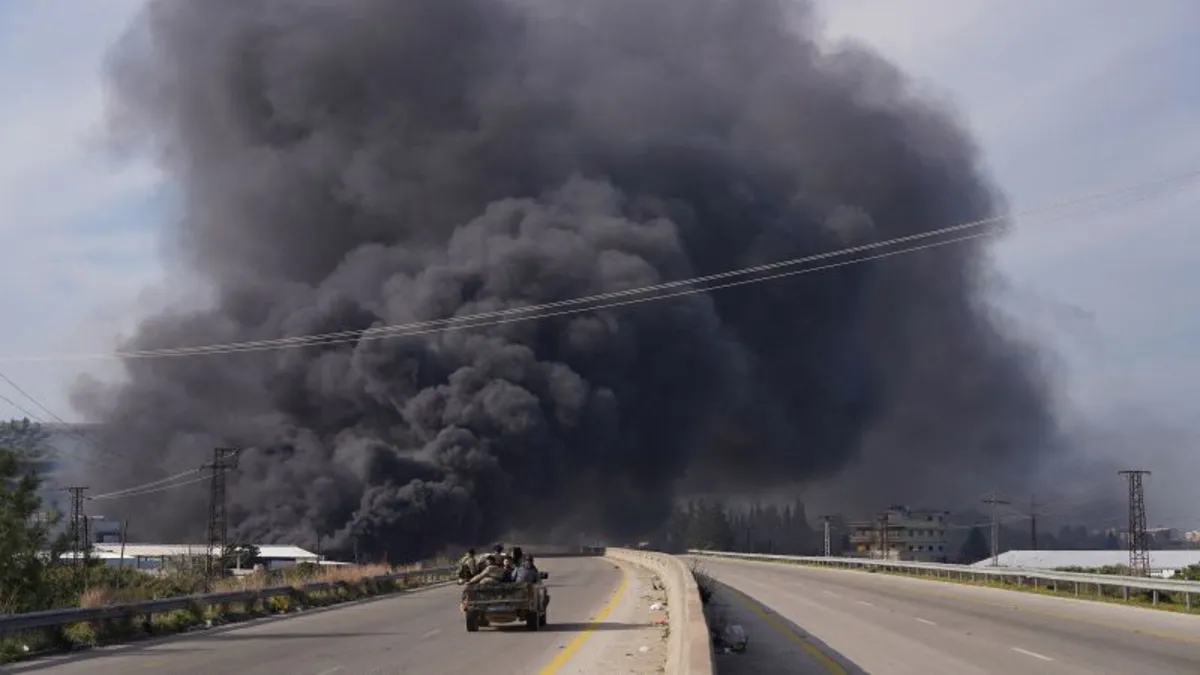
Syria’s interim leader, Ahmad al-Sharaa, has described the recent days of violent clashes between pro-government forces and supporters of ousted former President Bashar al-Assad as “expected challenges.” As the situation escalates, a monitor has reported a staggering death toll of 642 people due to the ongoing violence. Eyewitness accounts suggest that government supporters have committed execution-style killings, with disturbing video footage surfacing that reveals mass graves across affected regions.
The UK-based Syrian Network for Human Rights (SNHR) disclosed to CNN that “non-state armed groups” loyal to Assad were responsible for the deaths of 315 individuals. Among these casualties, 167 members of state security forces and 148 civilians were reported. Furthermore, the independent monitoring group stated that government forces and affiliated groups accounted for the deaths of at least 327 individuals, a figure that includes both civilians and disarmed militants. It is important to note that CNN has not independently verified these figures. The news outlet has reached out to the Syrian government for comment regarding the rising death toll.
In light of the increasing violence, interim president Ahmad al-Sharaa emphasized the need for national unity during a statement made at a mosque in Damascus, a place he frequented two decades ago. “What is happening in the country are expected challenges. We must preserve national unity and civil peace in the country,” Sharaa stated. Clashes reportedly continued overnight into Sunday, although CNN could not ascertain the full extent of the unrest. “We are capable of living together in this country, as much as we can,” he affirmed, urging for cohesion amidst chaos.
The United States has condemned the violence, labeling the perpetrators as “radical Islamist terrorists, including foreign jihadis,” responsible for the recent murders in western Syria. In a statement, Secretary of State Marco Rubio voiced the US's support for religious and ethnic minorities in Syria, insisting that “interim authorities must hold the perpetrators of these massacres” accountable. This condemnation underscores the international concern regarding the escalating violence in the region.
The current clashes mark the worst outbreak of violence since the ousting of Assad in December by Sunni Islamist militants who aimed to reshape the country’s political and sectarian landscape. Areas such as Latakia and Tartous, located on the Mediterranean coast, have historically shown robust support among Syrian Alawites for Assad. Alawites, constituting about 10% of the population, have played a prominent role in the Assad regime. While many Alawites have surrendered their weapons since December, a significant number remain armed, contributing to the ongoing turmoil.
The situation in Syria is fluid and continues to evolve, with the possibility of further violence looming as tensions escalate between different factions. The international community watches closely, urging for resolutions that prioritize peace and stability in the war-torn nation.